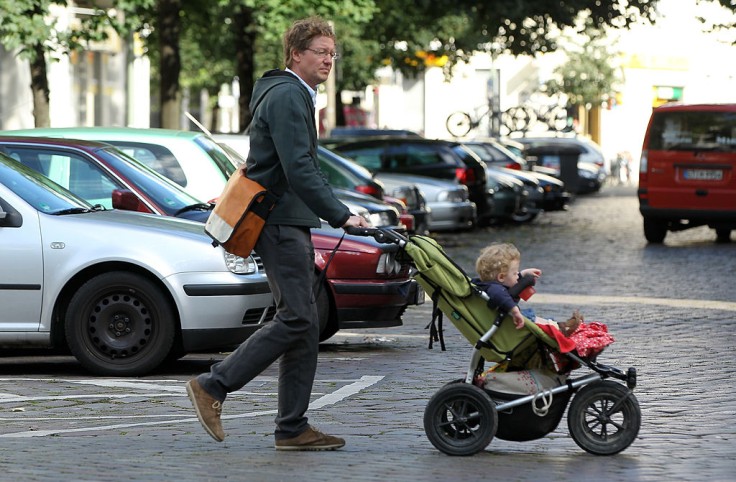
A recent study says that one out of four parents is being dismissed for work interruptions caused by childcare breakdowns.
The childcare crisis in America has significantly worsened, showing a double threat to the economy compared to 2018 data.
According to a new study by Ready Nation, childcare breakdown has seriously affected the productivity of working parents and their employers. Almost 66 percent of working parents with infants and toddlers arrive late for work or leave early due to childcare challenges. Over half reported being distracted at work or even missing work for full days, while 85 percent expressed how the crisis has gravely hurt their time or effort commitment at work.
All these have caused more than 25 percent of working parents to be reprimanded at work, while nearly 25 percent have already lost their job due to dismissal.
Taking its toll on the economy
Families are losing $78 billion annually in income losses and job search expenses, while employers lose $23 each year because of the productivity challenges the workforce is facing due to childcare issues. Taxpayers yield $21 billion yearly in revenue from lower federal and state/local taxes.
Thus, America's child care crisis, insufficient care for kids under the age of three, is taking its toll on American families and ultimately on the economy, with a total cost of $122 billion in lost earnings, productivity, and revenue every single year.
Looking into a similar study in 2018, it was found that the economy's loss has doubled from a cost of $57 billion annually, an already overwhelming amount five years ago. It just shows that the pre-pandemic childcare crisis has already been "severely damaging" the economy. And now, with the aftereffects of COVID-19 and "insufficient policy action," the crisis has crucially intensified.
According to 19th News, the crux of the problem is a childcare system that is "broken" at all levels.
"This is not just that parents are telling us they can't go to work. We're hearing businesses talking about how they have workers who couldn't return or they aren't able to hire because they can't find child care in their community. These are people who want to be in the labor force, who in many cases have a job, and they are then in some way disconnected from that job and not going because of their child care responsibilities," expressed Child Care Aware chief of policy and advocacy Anne Hedgepeth.
Damaging the future workforce
Hedgepeth further stated that one of the key issues of the crisis continues to be the availability and supply. Daycare spots are not enough for all the kids who need them, plus the staff shortage when breakdowns happen. When a teacher becomes sick, no one in the facility can take their place, resulting in the working parents filling the gap.
In the most recent report of Child Care Aware, a leading childcare advocacy organization, there were 12.3 million kids who needed childcare spots in 2021. However, licensed childcare centers could only provide 8.7 million slots, resulting in 3.6 million children needing childcare facilities.
This means that on a day-to-day basis, working parents of these 3.6 million kids are going to work late, leaving work early, or missing work entirely because childcare in America is "unreliable."
However, the recent study of Ready Nation stressed how the childcare crisis is beyond the toll it is giving the workforce and the economy. The crisis impairs the future workforce by depriving children of "nurturing, stimulating environments that support healthy brain development" while their parents are at work.
Thus, in conclusion, the study is knocking on the doors of federal and state policymakers, stating that if they can make wise investments and strengthen the "fragile" childcare infrastructure, not only will America have a strong workforce and economy now and in the years to come but most significantly, millions of children's life outcomes will improve.
Related Article: Child Care Sector Crisis Could Get Worse With Over Millions of Dollar of Delayed Payments